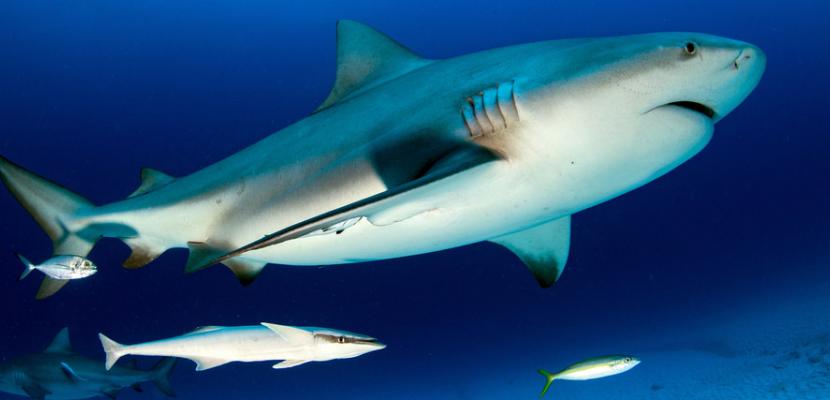
Image: Shutterstock Images
Bad news for the mayor of fictional Amity Island, immortalised in Jaws: there is no one-size-fits-all approach to preventing shark attacks.
The good news for water users: the risk of being bitten can be reduced if control measures are tailored to a range of local factors including the species of shark and beach conditions.
The research findings by Australian shark expert Dr Daryl McPhee, Associate Professor of Environmental Science at Bond University, come amid a global increase in the number of unprovoked shark bites.
Eight people were killed by sharks in Australia in 2020, the most in almost a century.
Dr McPhee said reducing shark attacks was not easy.
“The complexity of the problem – an interaction between the biology and ecology of large marine predators, human behaviour and varying human values and beliefs – means there is no simple solution, as much as some may try to will it into existence.”
The research by Dr McPhee and his co-authors divided non-lethal approaches for protecting people from potential shark attacks into two main categories – detection of sharks and deterring them from people in the water.
Shark detection included surveillance using aerial views over the beach - through manned aircraft, unmanned aerial vehicles or balloons, or people on land.
In particular, the use of drones had proven an effective way to spot sharks at popular beaches. Drones had several potential advantages over fixed wing aircraft and helicopters for spotting sharks.
“Drones allow surveillance over a much longer period at a busy beach compared to airplanes and helicopters, and drone technology will continue to improve,” Dr McPhee said.
However, most technologies would be limited by available light, sea state and water clarity.
Deterring sharks involved taking steps to prevent a shark from moving close to a beach used by people, or by blocking the shark from the area altogether. Options included physical barriers, electromagnetic fields or visual, auditory or chemical deterrents.
Dr McPhee said it was important to recognise there was no silver bullet to prevent unprovoked shark bites.
“Governments need to tailor what they do to the dangerous shark species present, the local conditions, and the activities of water users. What works for swimmers may not work for surfers, and vice versa.”
Other considerations included the cost of setting up a system to deter sharks, ongoing maintenance, and the potential impact on other water users.
However, based on current knowledge, no system would be able to deter or detect all sharks.
Whichever approach local authorities took to preventing shark attacks, it needed to be augmented by educational material and safety tips, Dr McPhee said.
NSW, Queensland and Western Australia had all invested in trying to find alternative or additional tools and approaches to reduce the risk of an unprovoked shark bite.
However, Dr McPhee warned dealing with shark attacks was a polarising issue.
“People protest about culling programs or long-standing methods that catch and kill sharks. People protest about not culling sharks. People protest about alternative mitigation measures such as shark barriers.”